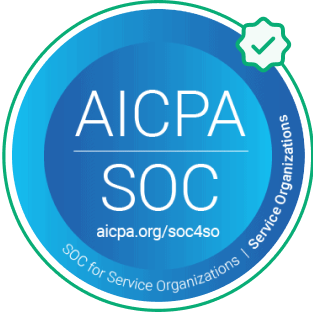What is Ethical AI?
Ethical AI refers to the development, deployment, and use of artificial intelligence (AI) systems in a manner that is aligned with ethical principles and values. It involves considering the potential societal impacts, ethical dilemmas, and moral implications of AI technologies throughout their entire lifecycle.Ethical AI aims to ensure that AI systems are designed and implemented in a way that respects human rights, fairness, transparency, accountability, and societal well-being. It seeks to address concerns related to bias, privacy, security, algorithmic transparency, accountability, and the overall impact of AI on individuals and society.Related terms
Not to be confused with:
Back to glossary











